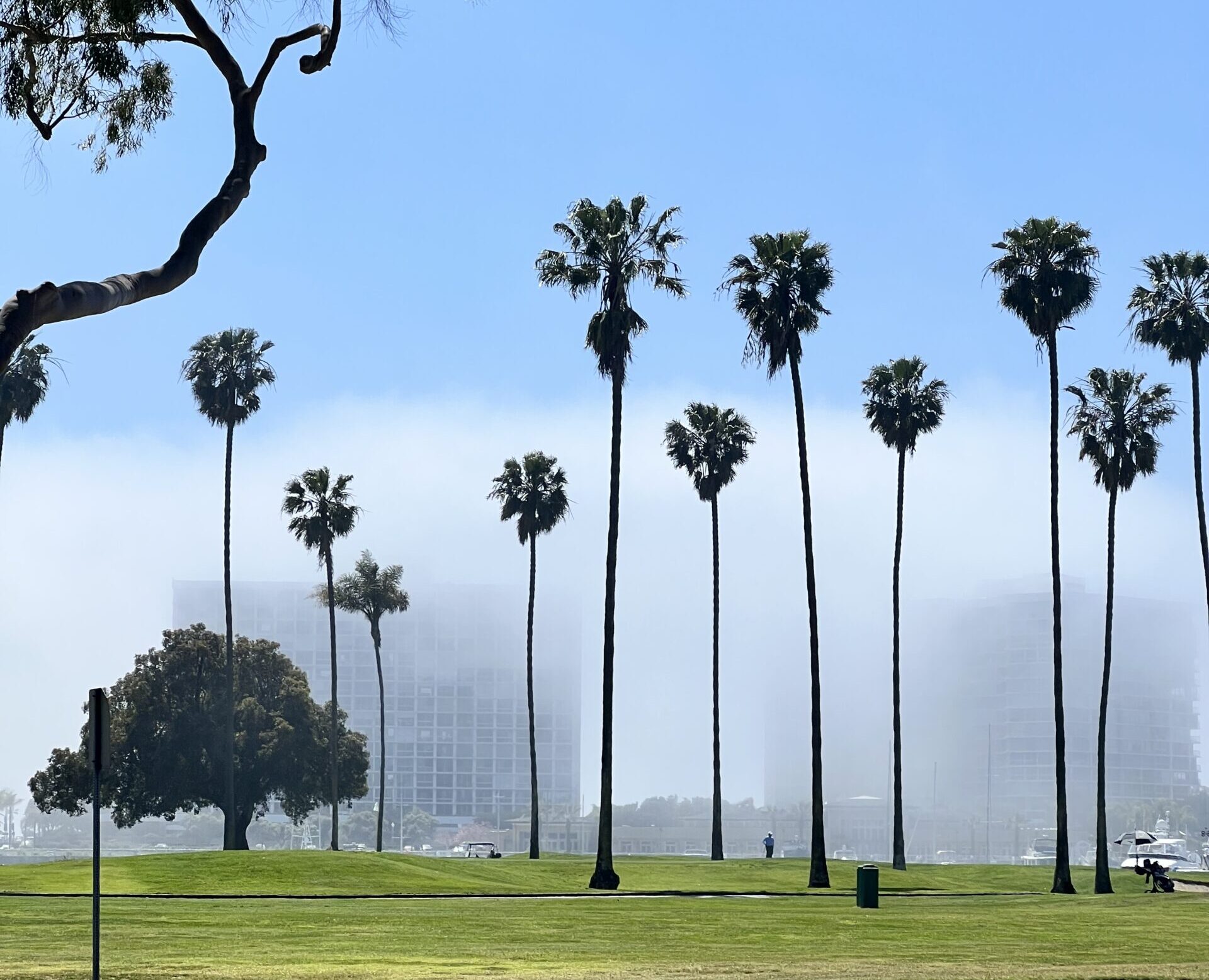He stared at her without speaking for fully half a minute and then he nodded. “And what day is this, Jane?”
“The twelfth day of April.”
“Are you sure of that?”
“Why, yes,” she said. “The moon was at first quarter yesterday.”
“And the storm? When was the storm?”
“The big blow was three days ago. Why do you ask?”
Thomas shivered violently and Jane cried: “Lord! What am I about? I’ll fetch you some clothes of Dad’s. He told me I was to call him as soon as you came awake.” She scrambled to her feet and scuttled out of the room leaving the candle flame flapping like a banner behind her.
She was back within minutes with a bundle of clothes in her arms. “Your own aren’t dry yet,” she informed him, “but these will serve to keep you warm. Shall I help you?”
“Thank you,” he said. “I seem to have lost the knack of standing. No doubt it will come back to me by and by.”
John Middleton Murry, Jr. wrote some two dozen novels, memoirs and short story collections under the nickname Colin Murry and, for fantasy and sci-fi, the alias Richard Cowper, along the way apparently inspiring everyone from Pink Floyd to Dylan to Van Morrison. Murry’s father and namesake was the prolific English writer John Middleton Murry, famed for his essays and his correspondence with T. S. Eliot and D. H. Lawrence, with whose wife Frieda he also had an affair while himself married to Katherine Mansfield. The above passage is taken from The Road to Corlay, the first installment in Cowper’s The White Bird of Kinship trilogy, which acts as a successor to his short story “The Piper at the Gates of Dawn.”
In 1973 a 24-year old Martin Amis wrote a scathing review of the Cowper novels, decrying their “silly jokes and asides, dialogue crawling with italics and exclamations, hilarious mispunctuation, well-wrought phrases like ‘rapidly rapping out,’ set-piece descriptions, and — worst — endless chuckling sexual repartee.” Murry shrugged off the young writer’s criticisms: “He grew up with a famous father too!”
In 1986, at the age of 60, Murry retired from writing, announcing he had nothing more to say, and shifted his focus to painting and repairing Victorian chairs.




Leave a Reply